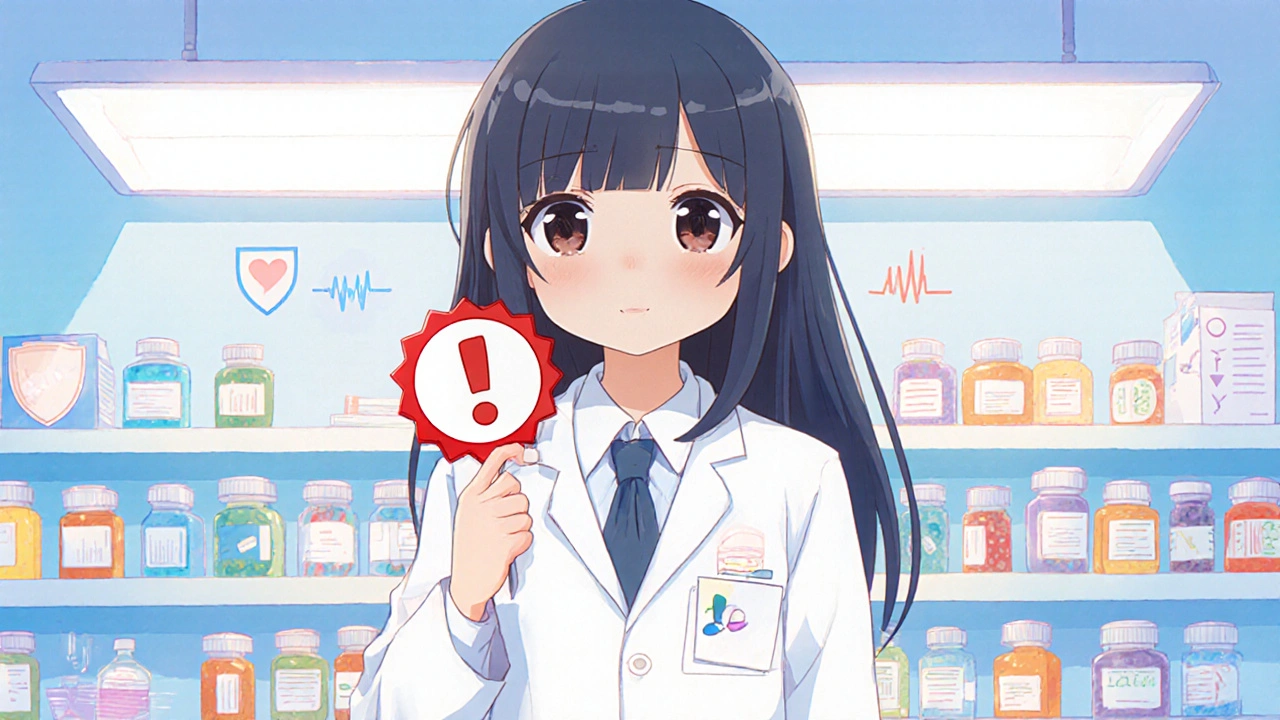How to Track Drug Recalls and Safety Alerts Efficiently
26 Oct, 2025Learn how to stay on top of drug recalls and safety alerts with practical steps, tools, and checklists for clinicians and pharmacists.
READ MOREWhen a drug recall, a formal removal of a medication from the market due to safety or quality issues. Also known as medication withdrawal, it’s a critical safeguard that protects patients from harmful or ineffective products. These aren’t rare events—they happen every month, sometimes affecting thousands of people. A recalled drug might be contaminated, mislabeled, or linked to unexpected side effects. The FDA, the U.S. agency responsible for approving and monitoring drugs usually leads these actions, but similar agencies exist worldwide, like Health Canada or the EMA. You might not hear about every recall, but that doesn’t mean it didn’t happen. If you’re taking a medication long-term, you need to know how to stay informed.
Drug recalls aren’t always about dangerous side effects. Sometimes it’s something simple: a pill got mixed up with another drug in the factory, the expiration date was printed wrong, or the container leaked. Other times, it’s serious—like a batch of blood pressure medicine found to contain a cancer-causing chemical. The pharmaceutical risks, potential dangers tied to manufacturing, storage, or formulation errors in medications can be hidden until someone gets hurt. That’s why recalls exist: to stop harm before it spreads. You don’t need to be a pharmacist to protect yourself. All you need is a little awareness and a habit of checking.
Most recalls are Class III—meaning the risk is low—but even those matter. A wrong dose in a child’s antibiotic can lead to treatment failure. A missing ingredient in a diabetes pill can spike blood sugar. The medication safety, the practice of ensuring drugs are used correctly and without harm system works best when you’re part of it. Keep your prescriptions organized. Know the name and maker of every pill you take. Check the FDA’s recall page monthly, or sign up for email alerts. If your pharmacy doesn’t notify you when a drug is pulled, ask why. You paid for that medicine—you deserve to know if it’s safe.
Some recalls make headlines. Others vanish into fine print. That’s why the articles below cover real cases—like how a common antibiotic batch was contaminated, or how a heart medication ended up with the wrong strength. You’ll find guides on how to spot a fake pill, what to do if you’ve already taken a recalled drug, and how to talk to your doctor without sounding paranoid. These aren’t theoretical warnings. They’re practical steps taken from real patient experiences. Whether you’re managing a chronic condition or just taking a one-time prescription, this collection gives you the tools to stay safe. No fluff. No jargon. Just what you need to know before the next recall hits.

Learn how to stay on top of drug recalls and safety alerts with practical steps, tools, and checklists for clinicians and pharmacists.
READ MORE